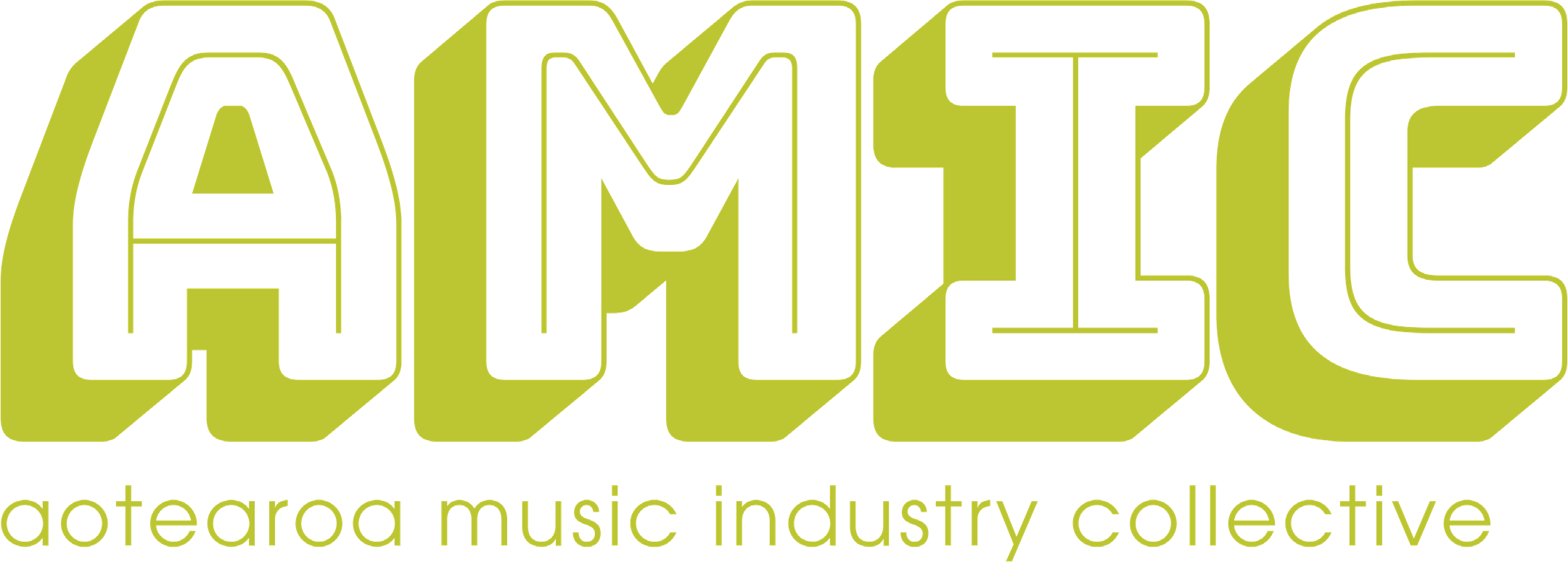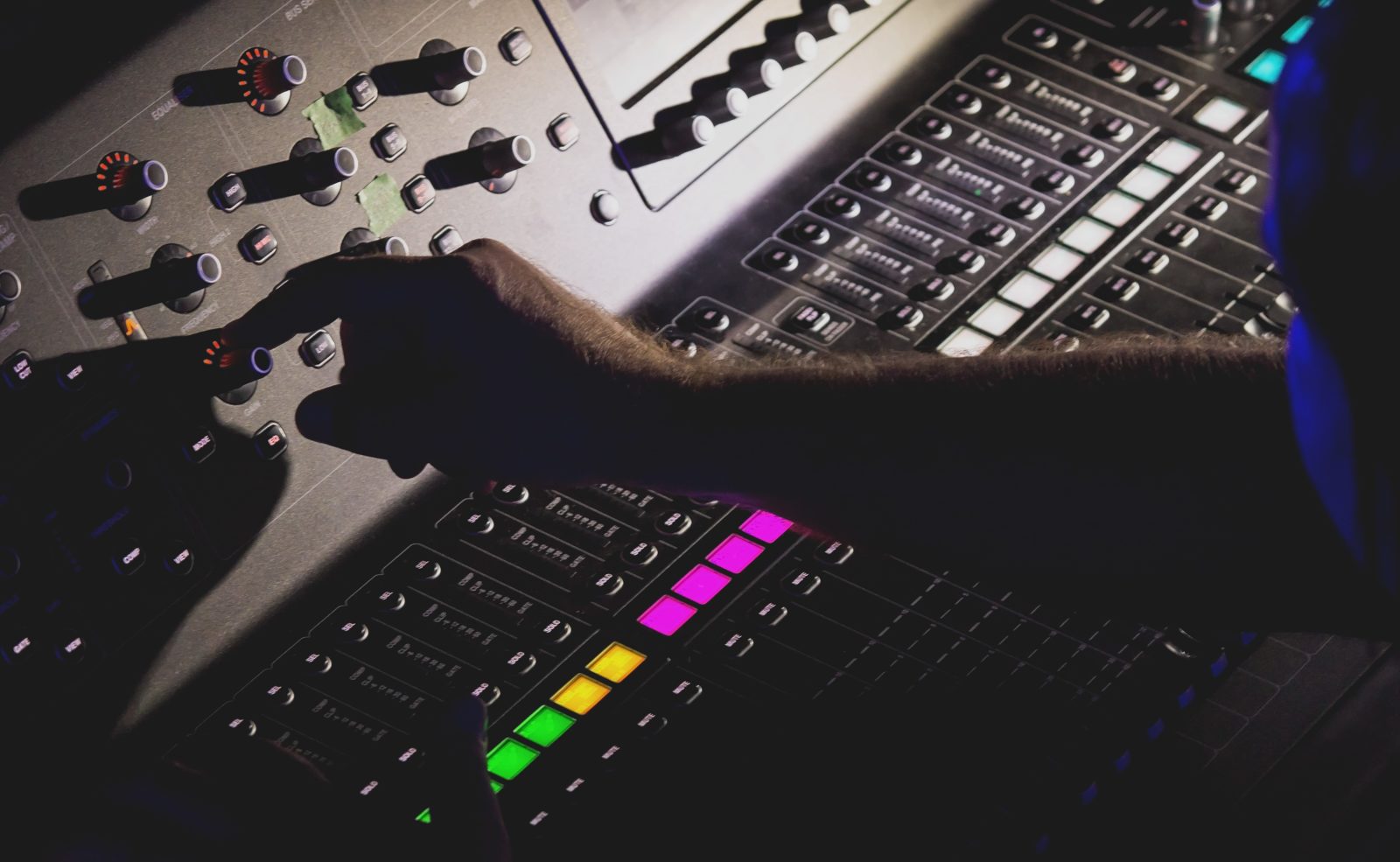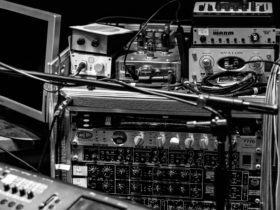Written by Ryan Kershaw.
Great teachers are often the ones that live as great students. Professional musicians can benefit from continued learning just as much, if not more than beginners.
It is too common for musicians that have been playing some years to become too proud to seek help with their playing, yet the complaining about being “stuck in a rut”, or “there is no-one that can help me” does not cease!
Here are some reasons why continued learning as a professional musician is beneficial:

Skills
It almost goes without saying that continuing to learn will help your skills with your instrument (voice included). Learning is not just regarding formal class settings – in many situations the best learning is done through ‘doing’, but formal lessons should not be cast aside. Remember that the best sports teams have coaches for a reason (and that coach doesn’t necessarily had to have played the most famous matches to be full of wisdom).
A second point to remember in this area of ‘skills’ is that pride can get in the way when it comes to learning as someone with a bit of experience under their belt. This can be for a few reasons – it can be that “just teach yourself” has been drilled into the head of the musician, or it might be a case of insecurity because of ego issues. Whatever the case, it can feel like you are back in your early days when you begin to learn again, though let this be a sign that you are learning once more; let it be the push of getting the dusty gears going again. Don’t be too proud to learn.
Exercise: Book a lesson with a new teacher. By ‘new’ I don’t mean someone who is new to teaching, but an instructor whose guidance you haven’t had yet. A quick search online can bring up very experienced teachers all across the world; and unless you are the best in the world (!?) you have the chance to learn something new every day just by making contact. You can make your chances of finding a suitable teacher improve by adding keywords to your search, such as ‘advanced’ or by including your preferred genre or area of expertise.

Networking
Attending workshops, classes and clinics is a great way of meeting like-minded people, whether they be music teachers, musicians or other music industry professionals. For some, after a few of these it can be easy to become a bit jaded and see them as marketing funnels for whatever host is holding the event, but they are what you make them – again, this comes back to being a good student. If you attend a seminar and sit there with arms folded, guarded and thinking “I’ve heard this all before”, then you would be likely to get nothing out of the event. However, if you attend the event, get involved, be open to suggestions given, and communicate with other attendees in a genuine way – you will not only get a lift in your spirits, but you will possibly meet new friends in the industry, too. Even if you have heard it all before, be like a good student and use those things you have heard before as timely reminders. Think: How can I go home and update that info or apply that old lesson in a different creative way. Progress is not only about learning new things – it is about maintenance, too.
Exercise: List down P.D days or industry workshops for the year ahead. Make a commitment to attend at least one* and mark it on the calendar. Once you find a few that you enjoy, these can even become an annual event that you look forward to. Of course, you can speak at a workshop, be a guest on an event panel or have a stall at a trade show – but going to the event as an attendee with no expectations can also be a healthy way to be in your environment and meet other music professionals in a relaxed and ‘natural’ way. Upcoming events for New Zealand include the seminar with Michael Griffin in New Plymouth on 31st March, and the Music Month Summit in the last week of May in Auckland
*Remember to take notes!
“Even if you have heard it all before, be like a good student and use those things you have heard before as timely reminders”

Ideas
When someone says that they have songwriters block, it usually means one of two things: either they haven’t learned anything new musically in a while, so they are running the same old ideas if any, or another area of life is affecting their energy to be in the craft creatively.
A similar occurrence can be found with music professionals; outwardly seeming to have a successful career – but inwardly feeling like they are on a turning hamster wheel, repeating the same old things and getting tired in the meantime. Here is where investing in some lessons or going ‘under the wing’ of someone with the relevant knowledge and experience can really help. Creative people feel best when they are being just that…. creative. Learning as a student whilst one is professional in their artform is a healthy way to get new ideas and channel that feeling of inspiration again.
As songwriters, we don’t just have to release a song in the very first form it was written. There is no dishonesty in crafting a song. No passion is lost when we learn more or get advice from a teacher. In fact, with the right mentor, quite the opposite can be brought about; we can gain the tools needed to express our passion with focus and impact. Ideas come from filtering our surroundings through our senses, and as artists we mould that into our expressions. It would be hard to do this if we were the only person on earth; and learning, sharing and communicating with others who have had more experience in our chosen field is a very good way of getting new ideas. Without learning, it is very easy to get on the treadmill as a professional – looking like we have it all from the outside but feeling stuck on the inside.
As mentioned before, progress is not just about production – but maintenance, too. In a similar vein, songwriting involves crafting as much as does creating. With this in mind, remember that as a professional, learning more about your craft helps immensely with finishing those old ideas and songs that you always wanted to complete.
Exercise: Set aside some time (actually block it off in your schedule) to soak up some new ideas for songwriting. Even the best songwriters in the world can still learn something new, to spark for an idea for an original composition. There is so much information available online now that it is all too easy to skip from one video to the next, without staying on one video.
Listening to a full album, in a comfortable position and letting yourself sink into the entire thing, brings a different experience to skipping through half-songs. Along similar lines – grabbing a hot drink or whatever helps you to feel comfortable, sitting back with no distractions and watching a complete songwriting seminar can really help. Set up the time and space to do so, and as I always say… take notes!
“Progress is not only about learning new things – it is about maintenance, too.”

Interest
Here we go! If, as a professional, you seek help from a teacher for no other reason – do it for the interest! No, not interest as in compounding interest on an investment – though that is certainly one way to look at it – but rather interest for yourself as a musician who loves music first and foremost. How easy it is to lose interest in what you once loved due to repeated bad experiences in the industry, or an imbalance in your approach to making your living from music. Here then, one can go full circle back to learning and being a student of the never-ending teacher that is music itself – with lessons applicable to all areas of life.
Keep learning to keep interested.
Exercise: Write down what areas of music you are actually interested in learning about. This might seem obvious but as professionals time can pass (as in years) and we might still be bashing away in the same old areas, without acknowledging that our tastes or desires have changed. Once you have written your list see how you can direct your activities towards those areas and align your actions to be more in tune with what is good for you at this stage in your career.
Avoiding Burnout
As professionals we can find ourselves investing all of our energy into helping other people but failing to put aside time for ourselves to rest, to learn something new, or even simply to enjoy time with people that we love (or animals that we love!). Learning something new won’t prevent burnout on its own, but when you decide to start something for yourself for the first time in a while, it can feel quite liberating. Freeing up that time for learning can help you to feel enthused, which takes you away from that feeling of burnout.
It doesn’t necessarily have to be on our main instrument; if one plays piano, maybe they can try their hands at saxophone, or if singing has been the main source of income, maybe some piano lessons would help to open up ideas that could be brought into the day-to-day music job.
Exercise: Do something new that will help you to relax and learn. It might be simply going for a walk in a new area or listening to some music that you have not heard before. Try to learn a different instrument without putting too much pressure on yourself or have a few classes in an activity outside of music.

In Teaching
As a teacher, becoming an attentive student is a way to overcome fear of a student surpassing your level (should that be an issue), a way to gain more lessons for teaching, and a way to keep motivated about your own music – all in one go!
A lot can be gained for all involved when teachers support each other, not that gains should be a main motivation for helping someone else – but it does create a healthy environment, as opposed to one of fear or insecurity. Picture four people in opposite corners of a room, all clutching their ideas tightly, afraid of the other three ‘stealing’ their ideas or learning more than them. It wouldn’t take long before that room becomes hostile and knowledge stops flowing and progressing.
Imagine now, those same four people being open with each other and sharing ideas to help one another. If you have been burnt before in business, it might be a quick reaction to say, “yes but you have to be careful” or “they will just steal my stuff!” There may be a risk of this, though the confidence you gain when you share and learn will be worth it in the end and can leave people with lessons that they remember for life, even after you are out of the picture.
Exercise: Meet up with another teacher and help each other. It might be that they teach the same instrument, or it could be that they teach something different to you. Swap ideas share each other’s challenges and just have an open honest chat about all things teaching. You’d be surprised what good can come from something simple like genuine support between two teachers.
“Great teachers are often the ones that live as great students”

It Always Comes Back to You
Whatever happens in your career – regardless of your gender, religion, musical preference or financial status – it always comes back to you. How did YOU react? What did you learn? How are YOU going to direct yourself towards your hope?
I’ve had many students at seminars who are great musicians but who have been used to other people organizing things for them. When the situation changes and their manager leaves or their father in the business steps away, they are left despondent and wonder what to do. This is a clear example of a time where investing in their own education about the business would have helped to alleviate some of that feeling of the ground going from under them.
Make no mistake, we don’t just have to keep constantly learning to try and compensate for a feeling of lack. We can be balanced and continue to progress simultaneously. Much of the best music springs from a combination of the heart and mind, and when a professional musician continues to learn with an open and keen attitude, it is these two exactly things that benefit the most.
Author bio: Originally from New Zealand, Ryan Kershaw is a musician and music educator, author of “Use Your Buzz To Play The Guitar” and creator of the Musicians Confidence Course. He helped to strengthen the music education community in New Zealand by bringing organisations together including Music Education New Zealand Aotearoa, Smokefree Rockquest, and Independent Music New Zealand. He is the founder of the New Zealand Underground Festival, which provided New Zealand underground musicians with a platform to connect with the industry, and currently writes for The Guitar Association of New Zealand, Audioculture and Muzic.nz. Ryan is now based in Ireland and continues to record, play and teach music.
Web: ryan-kershaw.com Consultations available for musicians, music teachers and music organisations. Email: [email protected] to enquire









